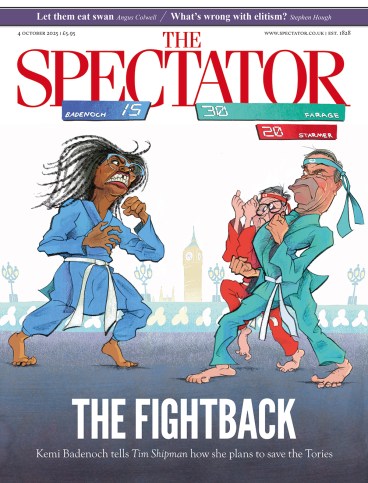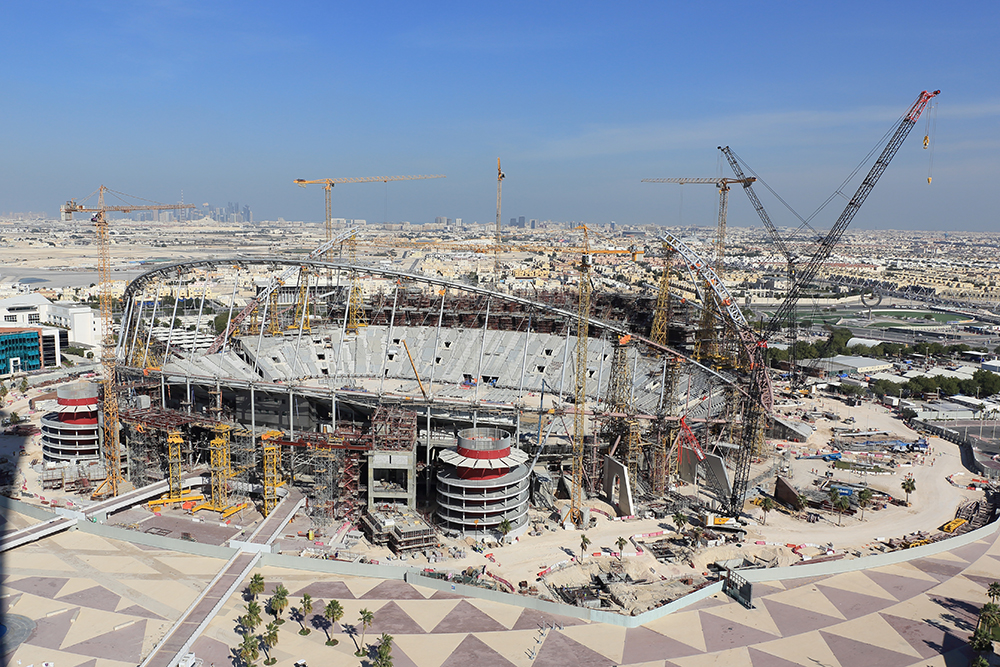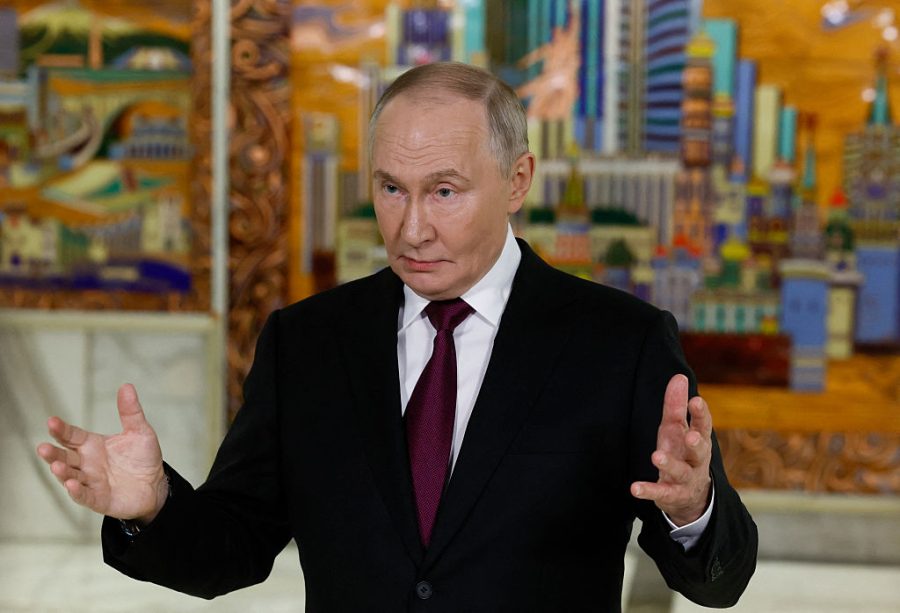
World Cup fever is a strange affliction. It’s more contagious and unavoidable than Covid, and more widespread too: each new World Cup, as Simon Kuper writes, ‘becomes the biggest media event in history’, which ‘occupies the thoughts of billions of people’. It also produces a cluster of sometimes contradictory symptoms, physical as well as mental. Kuper quotes a study that found an increase of 25 per cent in hospital admissions for heart attacks in England on 30 June 1998, when England played Argentina (David Beckham, Michael Owen and all that). Later, he describes the moment when the American journalist Grant Wahl died of an aortic aneurysm in the media stand during the Netherlands vs Argentina match at the Qatar World Cup in 2022.
That might have been an unrelated misfortune, but it was not just professional diligence that kept Kuper sitting yards away, mostly focused on the game. Growing up in the Netherlands, he had followed their football team ever since (he is of South African descent). He just couldn’t help himself:
So there, to my left, was someone I knew and admired, possibly dying. But in front of me was Oranje, my team, playing a thriller. I’m not proud to say this, but I spent half an hour swivelling my head between Grant and the match.
With that admission of latent fandom, and the title he has chosen for his book, you might expect Kuper to be suffering from the full-blown version of World Cup fever – a blinkered obsessive who has been lucky enough to parlay his passion into his profession. Starting as a fan, he has attended every World Cup since 1990 (Italy), as a journalist from 1994 (USA) and specifically as a Financial Times correspondent since 1998 (France). But it all seems to have produced a chronic dose of Weltschmerz, the melancholy world-weariness we usually associate with the gloomier poets.
For the reader, this has its advantages. There could be little doubt about the cynicism that lies at the heart of Fifa – the governing body which assigns the World Cup in a system seemingly designed for venal interference – after the selection of Russia, Qatar and Saudi Arabia as hosts. Kuper is an excellent guide to this apparent favour-auctioning and its consequences – including the deaths of thousands of construction workers building eight mega stadiums in ‘tiny, boiling Qatar’.
In his chapter on the bidding process that led to the selection of the two Arab hosts, he interviews the disgraced former head of Fifa:
Sepp Blatter is an eternal Swiss type: the hotel concierge, der Portier in German… friendly, multilingual and unideological. He always remembers guests’ names. Above all, living in a country that money flows through, der Portier knows which of them can afford the hotel bills.
In the 21st century, that means ‘Russians and Gulf Arabs’. But even Blatter regretted the choice of Qatar as host, while his successor, the even more egregious Gianni Infantino, embraced it.
To his credit, Kuper doesn’t excuse himself from guilt by association with all this wickedness. In Qatar, having pointed out how little the pre-tournament outrage did to dent attendance, participation or coverage, he offers another confession:
I know this sounds like a cop-out, but I flew to Doha to report on football while my Financial Times colleagues covered the serious stuff. The idea was to hold two thoughts in our heads simultaneously: to fight sportswashing while enjoying the sport.
Thousands of construction workers died building eight mega stadiums in ‘tiny, boiling Qatar’
It does sound like a cop-out, but millions of football supporters were engaging in the same act of wilful cognitive dissonance. Fans are used to it, from the chants that you wouldn’t want to explain to your mother to the on- and off-pitch violence that are ‘part of the game’. As they say on the news: ‘Look away now.’
Naturally, the World Cup’s magic isn’t always black. Kuper doesn’t try to persuade us that every match was a classic. He thinks, anyway, that ‘there’s nothing deader for a writer than a dead football match’ – but his book is filled nevertheless with memorable vignettes. The two best chapters are on the South African World Cup (2010), in which he takes a personal interest as the child of parents who emigrated from apartheid South Africa in the 1960s. His grandmother was still in Johannesburg at the time of the tournament, while one of the books he consulted for historical background, An African Bourgeoisie, was written by Leo Kuper, his great-uncle. In the lobby of his hotel, Kuper meets his aunt Ruth, ‘possibly the most old-fashioned woman in South Africa’, who ‘quietly disapproved of black rule’. A group of cleaners, dressed in the South African strip, are dancing and singing ‘Nkosi Sikelel’ iAfrika’, the anthem ‘despised by conservative whites’. But his aunt sings along. ‘The World Cup was turning Ruth into a new South African.’








Comments